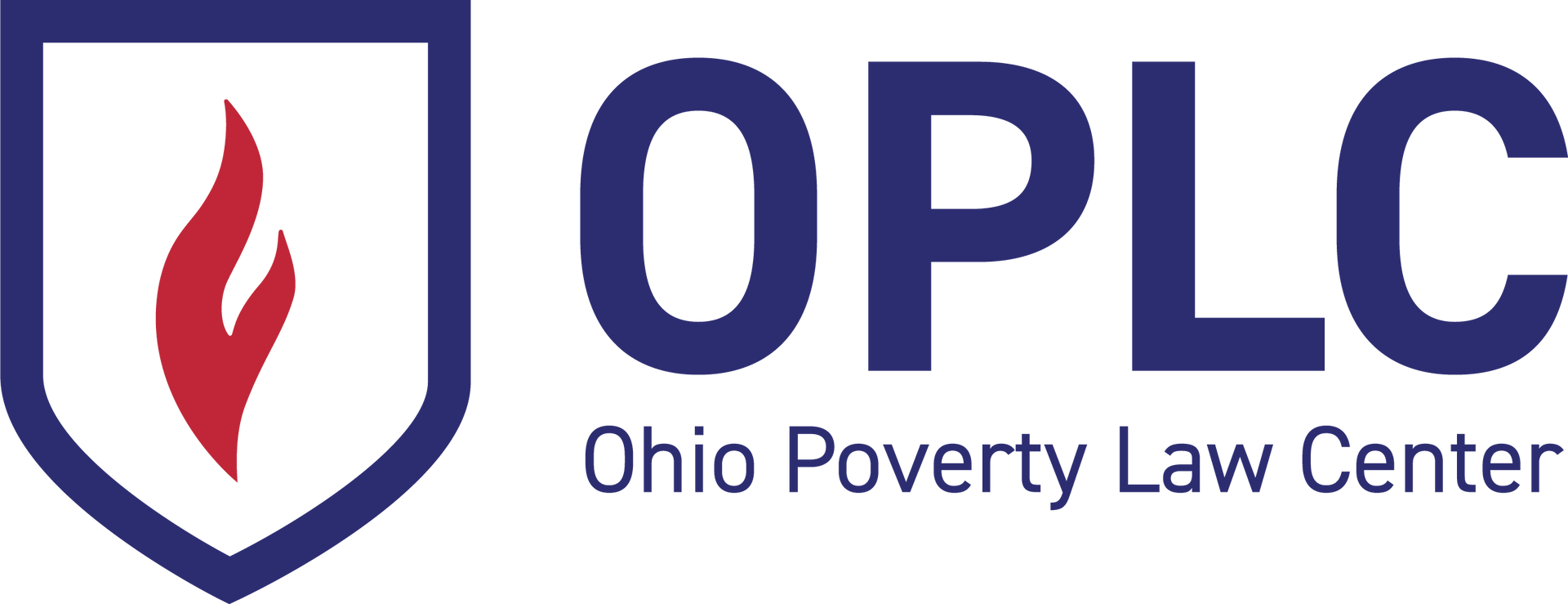JUNE 2024 NEWSLETTER
In this Issue: Senate Unanimously Approves of Senate Bill 37 to Limit Debt-Related Driver’s License Suspensions | Funding for Medical-Legal Partnerships Among Provisions to Address Infant and Maternal Health Approved by the House
Senate Unanimously Approves of Senate Bill 37 to Limit Debt-Related Driver’s License Suspensions
After a year and a half of deliberation and compromise in the Senate Judiciary Committee, Senate Bill 37 was unanimously voted out of Committee on May 22, 2024, and then unanimously voted out of the Senate later the same day. In its current form, SB 37 would:
- Eliminate the driver’s license suspension for failure to pay a court fine or fee.
- Apply the removal of license suspensions for failure to pay a court fine or fee both retroactively and automatically, without imposition of reinstatement fees.
- Remove the possible penalty of a driver’s license suspension for a drug abuse offense, unless the offense relates to causing others to use, manufacture, or traffic and the offender used a vehicle to further the commission of the offense.
- Reduce the lookback period for driving without insurance offenses to be considered repeat offenses from five years to one year.
- Authorize a person whose driver’s license is suspended for failure to pay child support to file a motion with a court for limited driving privileges in all circumstances, not just when the motion is made during contempt proceedings as under current law.
The Ohio Poverty Law Center led a coalition of organizations from across the ideological spectrum to expand the scope of the legislation and move it through the Senate process. If enacted, SB 37 would help hundreds of thousands of low-income Ohioans trapped by a license suspension that prevents them from driving to work.
We are grateful for the hard work of the bill sponsors Senator Louis Blessing (R-Colerain Township) and Senator Catherine Ingram (D-Cincinnati), as well as the Senate Judiciary Committee Chair Nathan Manning (R-North Ridgeville), to get this important legislation out of the Senate. We will continue to work with the sponsors as hearings on SB 37 begin in the House Homeland Security Committee.
Funding for Medical-Legal Partnerships Among Provisions to Address Infant and Maternal Health Approved by the House
In long-awaited action, the Ohio House of Representatives approved House Bill 7 during its June 12 meeting. Introduced early in 2023, HB 7 went through two committees and saw several changes on its road to House approval.
Rep. Andrea White (R-Kettering) and Rep. Latyna Humphrey (D-Columbus) introduced the infant and maternal health proposal to address Ohio’s abysmal record on maternal and infant health. It was first heard by the House Families and Aging Committee and was then sent to the House Finance Committee.
Over the past year and a half, the bill saw many changes—several of its original provisions were included in the operating budget. As passed by the House, the bill:
- Sets up a grant program to fund Medical-Legal Partnerships. The new program is funded with $1 million per year.
- Invests in the Healthy Beginnings at Home program to expand its reach to support stable housing for pregnant mothers.
- Appropriates money to support the creation of a mobile application that provides resources to pregnant and postpartum women in Ohio who are Medicaid-eligible.
- Expands early childhood mental health services.
- Requires the Ohio Department of Health to determine the feasibility of incorporating a variety of changes to the Special Supplemental Nutrition Program for Women, Infants and Children (WIC) enrollment and benefit distribution processes.
- Makes changes to Help Me Grow, a parent support program, to streamline intake and referral system.
- Requires health plans to cover hearing aids for persons 21 years of age or younger.
The Ohio Poverty Law Center advocated for the passage of HB 7 and used it as an opportunity to educate lawmakers and partners about the success of Medical-Legal Partnerships (MLPs). MLPs link the expertise of healthcare providers and legal professionals to address legal issues that adversely affect the health of patients or increase health care utilization. In MLPs, medical and legal professionals collaborate on training, referrals, screening tools, and sharing case and outcome data. Legal Aid attorneys can assist patients in achieving better health outcomes by providing them with the necessary legal services to address issues related to housing, public benefits, custody, domestic violence, and education.
